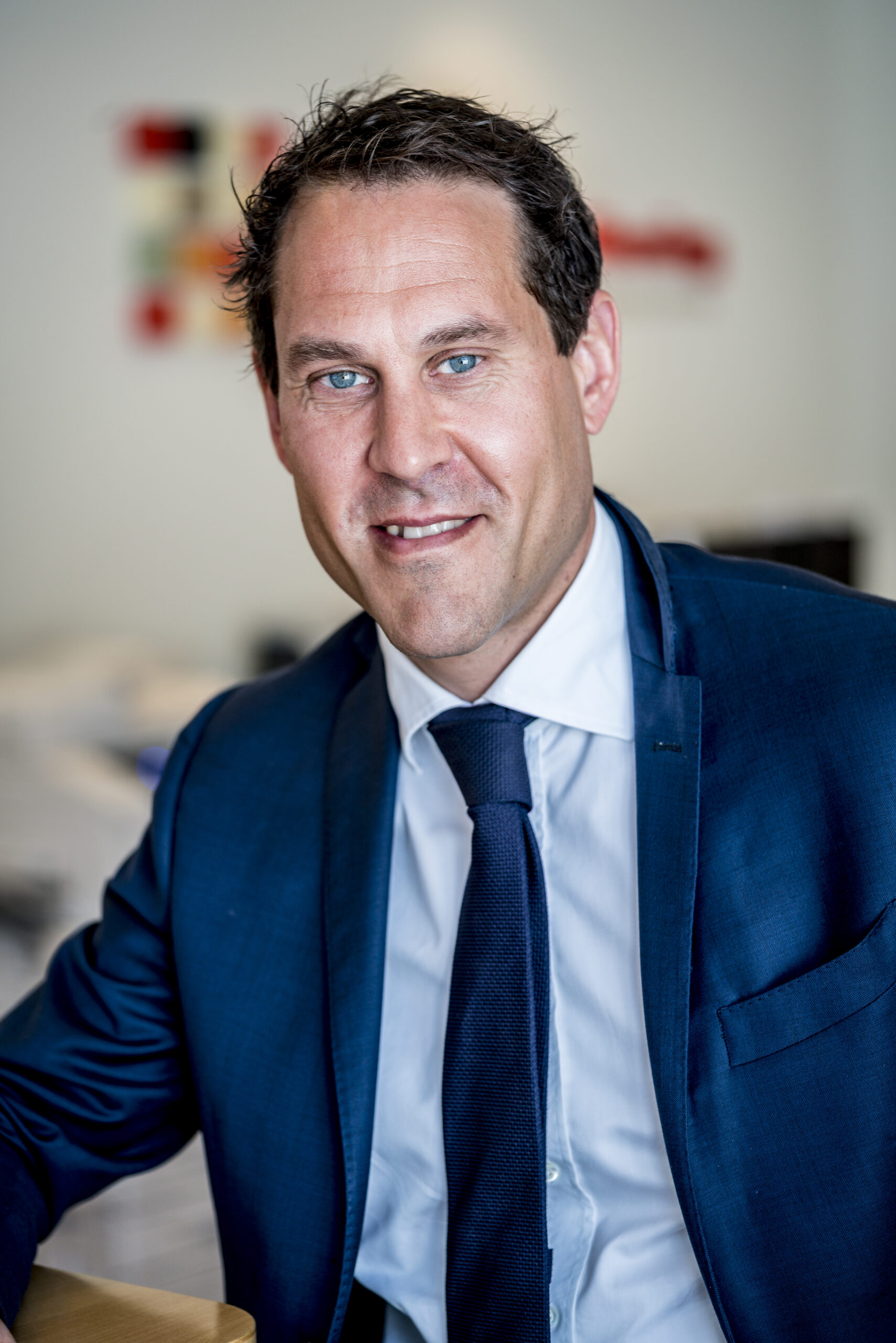Carl´s interest in sustainability was strong before joining the programme, but has grown further after the course. As a result, Handelsbanken Funds have for example developed a method to measure the alignment between their investments and the UN Sustainable Development Goals. The bank has also put a lot of effort into promoting learning and education for a sustainable, yet financially profitable, development.
– When I took over as CEO of Handelsbanken Funds in the fall of 2015, one of the first questions I needed to address was how to stay commercially successful. This happened the same year as the UN Climate Summit in Paris and the year when the UN adopted the Sustainable Development Goals. It was apparent that this was a game-changer and I became increasingly interested in these issues and wanted to learn more. The more insights I gained, the more I got convinced that investing in sustainable companies will yield both a good return and a more sustainable future.
Handelsbanken Funds had a tradition of working with sustainability issues from an ethical perspective. But with new insights, it became obvious they needed methods to understand which companies they should invest in, and which to disinvest from in order to support a sustainable development.
– We invited a group of students from KTH (The Royal Institute of Technology) to map all of our funds’ holdings against the 169 associated targets of the 2030 Agenda as their exam thesis. They created a very solid method, but it was too work intense. We wanted to look at all the companies in the world, and therefore we initiated a collaboration with an AI researcher. The result is a fully automated method that shows how many per cent of the turnover of a company, or a fund, that come from products or services targeted to solve each sub-target in the 2030 Agenda. In other words, we have built a map showing how to invest for a profitable and sustainable future. A roadmap for future planetary fund managers.
Sustainability for the bank is not just about reviewing its investments. It is as much about stimulating internal motivation and creating an environment where everyone wants to contribute. Therefore, much effort has been invested in education and learning.
– Fund managers are analytical by nature. They dig into numbers and handle large amounts of data every day. So for them, scientific insights are extremely important. That is why building knowledge and competence have been such an important tool in our work. And it has proven successful. We now have broad support where everyone is involved and contributing.
Carl heard about the Executive programme from his board member Helene Fasth Gillstedt. For him, the programme became an opportunity to gain more knowledge, but also a way to get inspiration and set higher goals.
– To be honest, I had a bit of an “information overload” when I searched for knowledge on my own. Therefore, it was liberating to meet so many knowledgeable and communicative researchers and experts during the course. They helped me navigate and sort among facts. Another thing that the programme contributed to was insight and understanding of the other participants’ sustainability work. That gave us more confidence and courage to set higher ambitions.
Sustainable investment is the future according to Carl, He is convinced that sustainability insights are fundamental to sound management of both risk and as return. He is convinced that large assets are at risk of being stranded in a sustainability transition, whilst other sectors will grow and build new values and assets.
– Someone once called the 2030 Agenda “the largest purchase order ever delivered”, and I see sustainable asset management as a huge possibility playing this megatrend. It might be the easiest way for individuals to support a sustainable development as it doesn´t require major behavioural changes. In other words, we have a great opportunity – but also an obligation – to enable this change.
Carl participated in the Executive programme 2018-2019.

